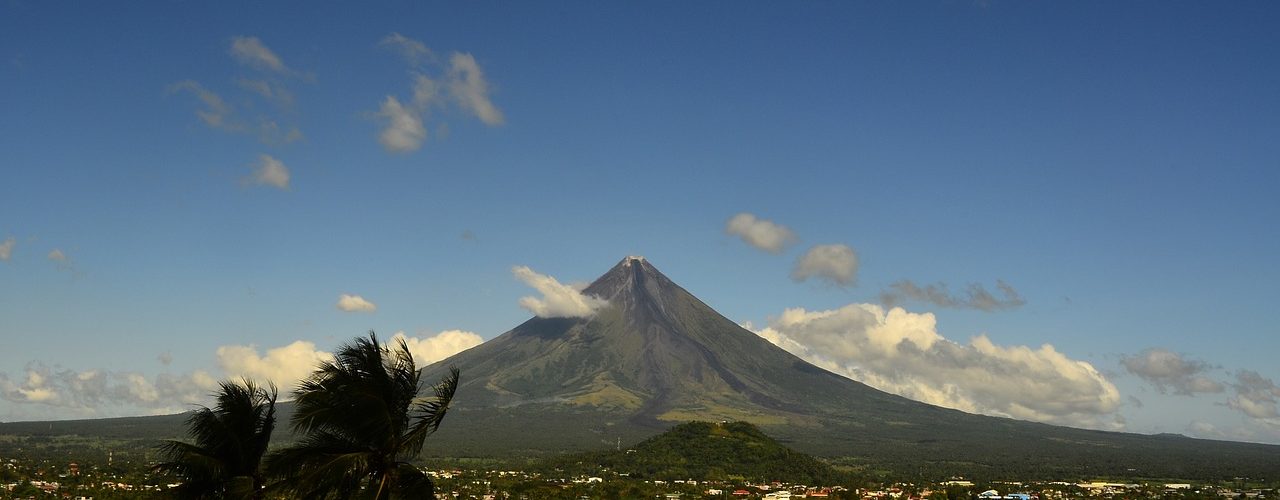The House Ways and Means Committee is eyeing to introduce amendments to the Corporate Recovery and Tax Incentives for Enterprises (CREATE) law and other relevant sections of the Tax Code to resolve issues regarding the value-added tax (VAT) exemption on importation and VAT zero-rating on local purchases in freeport zones.
During the committee hearing on Monday, Albay Representative Joey Salceda, panel chair, said it would remedy the inconsistencies between the CREATE law and its corresponding administrative issuances in connection with the classification of freeport zones as a separate customs territory and the availment of corresponding tax incentives.
He said the implementing rules and regulations of the CREATE Law limited the applicability of the VAT exemption on importation and VAT zero-rating on local purchases by a registered export enterprise.
The CREATE Law, he added, does not distinguish between an export enterprise and a domestic market enterprise and used the term “Registered Business Enterprises”.
Citing reports from the Bureau of Internal Revenue (BIR), Salceda said that there are 4,136 registered export enterprises, which he noted is a “small portion of the universe” of those affected by the change in VAT treatment.
“The entire downward linkages of the export sector, especially small businesses with few resources for VAT refund applications, are bearing the costs,” Salceda said. “And of course, if they are unable to refund their costs, our export prices go up, costing us our competitiveness.”
According to House Resolution 490, the cross-border doctrine for ecozones and freeport zones has been rendered ineffectual and inoperative, which is contrary to the CREATE Law which recognizes these zones as separate customs territories,
He said the panel will file a resolution expressing the legislative intent of the CREATE law, as well as a bill clarifying ambiguities in both the CREATE law and the Tax Reform for Acceleration and Inclusion (TRAIN) law for indirect exporters and local suppliers.
He said the veto of the TRAIN law’s portions on VAT perks for some local suppliers and enterprises does not amend the law, or supersede the more recent CREATE law.
“The President’s veto cannot amend the law. And in this case, the law did not make a distinction about who is VAT zero-rated and who is not. Neither should the implementing rules, or the implementor,” he said.
He said a more logical fix is for the Fiscal Incentives Review Board (FIRB) “not to tie its own hands” since that benefit may be useful in attracting a desirable investment in the future.
He further suggested that the FIRB can grant the VAT zero-rating incentive on an applicant-to-applicant basis, rather than close down the entire incentive for local suppliers.
“My constituents in Albay are suppliers of exporters, or exporters themselves. We have a big footprint in the handicrafts export business. And their size of businesses are the ones being hurt by this interpretation. In the interest of export competitiveness, let’s settle or correct this issue once and for all,” he said.
Source: gov.ph














